Post-Trump WHO Funding: Europe's Challenge

Table of Contents
Post-Trump WHO Funding: Europe's Challenge
The departure of the United States from its position as the largest financial contributor to the World Health Organization (WHO) under the Trump administration presented a significant challenge, particularly for Europe. This shift created a funding gap and raised questions about global health security and the future of international cooperation. This article examines the ramifications of this change and analyzes Europe's response to the ensuing challenges.
The Trump Administration's Withdrawal and its Global Impact
The Trump administration's decision to halt funding to the WHO, citing concerns about its handling of the COVID-19 pandemic and alleged pro-China bias, had profound consequences. This action not only created a substantial financial deficit for the WHO but also undermined the organization's credibility and effectiveness on a global scale. The loss of US funding, which accounted for roughly 15% of the WHO's budget, significantly hampered its ability to respond effectively to various health crises and implement crucial global health programs. The resulting uncertainty impacted WHO's operational capacity and its ability to effectively address emerging health threats. This also sent a concerning message about the commitment of major global powers to multilateralism and international cooperation in the field of public health.
Beyond Financial Losses: The Erosion of Trust
The impact extended beyond simple financial losses. The Trump administration's actions eroded trust in the WHO, affecting its ability to mobilize international support and coordinate global responses to future pandemics. Loss of confidence from key stakeholders impacted the organization's operational efficiency and its ability to secure commitments from other nations. The move created uncertainty and reluctance among some member states who questioned the stability and leadership of the WHO.
Europe's Response: Stepping Up to the Plate?
Facing this vacuum in leadership and funding, European nations found themselves in a pivotal position. The European Union (EU), along with individual member states, faced the challenge of filling the funding gap and maintaining the WHO's operational capacity. Some European countries increased their contributions, demonstrating a commitment to multilateralism and global health security. However, this increase wasn't sufficient to completely offset the loss of US funding.
A patchwork of initiatives: Challenges of EU-level coordination
While some European countries stepped up, a unified, coordinated approach from the EU was lacking. This resulted in a somewhat fragmented response, with different member states taking individual actions. This inconsistency hampered the overall effectiveness of Europe's collective effort. The lack of a strong, centralized approach from the EU also posed a challenge in terms of efficiently managing the increased financial burden and ensuring effective allocation of resources.
The Future of WHO Funding and European Leadership
The post-Trump era highlights the importance of sustained and predictable funding for the WHO. Europe’s response, while commendable in certain aspects, exposes the challenges inherent in leading global health initiatives. The lack of a fully unified approach among European nations suggests a need for stronger coordination and a more comprehensive strategy for supporting the WHO.
Key areas for improvement:
- Increased and sustained funding: Europe needs to commit to long-term, predictable funding for the WHO, ensuring its financial stability and operational capacity.
- Enhanced coordination: A more unified and coordinated approach among EU member states is essential to maximize the impact of European contributions.
- Strengthening multilateralism: Europe has an opportunity to demonstrate its leadership in global health by actively promoting multilateral cooperation and reaffirming the importance of international institutions.
The post-Trump landscape underscores a critical juncture for global health security. While Europe has taken steps to address the funding deficit, a stronger, more coordinated response is vital to ensure the WHO can effectively fulfill its mandate in protecting global health. The future of the WHO and effective pandemic preparedness hinges on a robust and committed approach from key global players, with Europe playing a crucial role.

Thank you for visiting our website wich cover about Post-Trump WHO Funding: Europe's Challenge. We hope the information provided has been useful to you. Feel free to contact us if you have any questions or need further assistance. See you next time and dont miss to bookmark.
Featured Posts
-
Backyard Grill Sumter Sc
Jan 22, 2025
-
Hiland Patio Heaters
Jan 22, 2025
-
Barcelonas Champions League Victory Over Benfica
Jan 22, 2025
-
Find Onyx Storm Book Retailers
Jan 22, 2025
-
Djokovic Defeats Alcaraz Advances
Jan 22, 2025